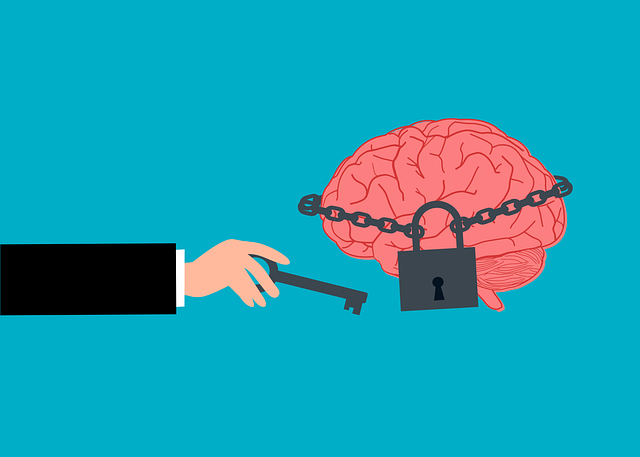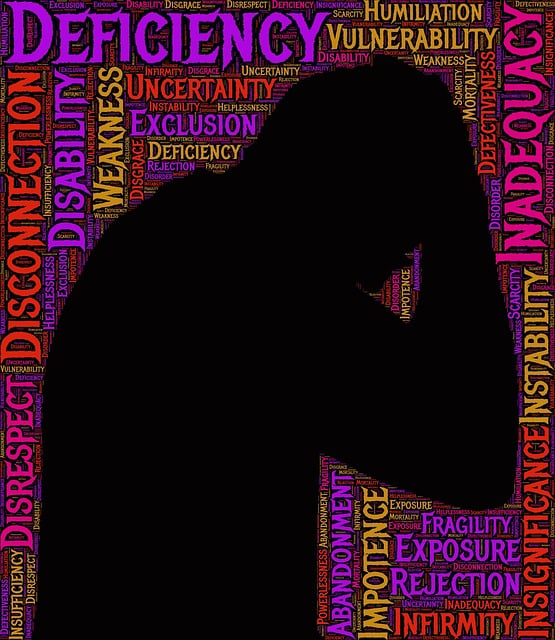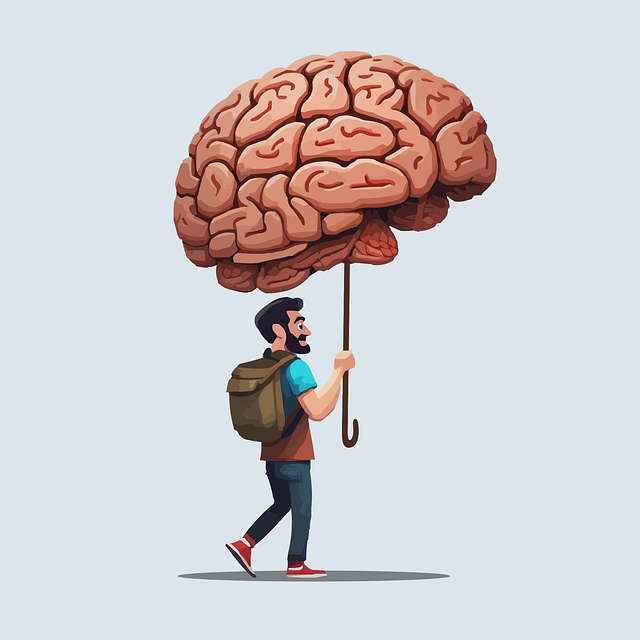Substance abuse is a multifaceted issue driven by mental health disorders, emotional regulation difficulties, and lacking social support. It often serves as a coping strategy for stress, anxiety, depression, or trauma. Recognizing the significant risks, including addiction, organ damage, and cognitive impairment, is crucial. Effective management requires a multi-pronged approach combining superior ADD-ADHD therapy with emotional regulation training, social skills development, and resilience building strategies to address both substance abuse and its root causes. This tailored therapeutic approach, along with healthy lifestyle changes, robust support systems, and education, supports long-term recovery.
In a world where substance abuse poses significant risks, adopting effective risk reduction strategies is paramount. This comprehensive article explores tailored approaches to combat this complex issue, focusing on understanding the nuances of substance abuse and its associated dangers. We delve into therapeutic options, particularly superior ADD-ADHD therapy, as a cornerstone for mitigation. Additionally, lifestyle changes and robust support systems are highlighted, offering practical tools for sustained recovery and a healthier, safer future.
- Understanding Substance Abuse and Its Risks
- Therapeutic Approaches for ADD/ADHD and Risk Mitigation
- Lifestyle Changes and Support Systems for Sustained Recovery
Understanding Substance Abuse and Its Risks

Substance abuse is a complex issue that involves the harmful use of drugs or alcohol, leading to significant impairment in an individual’s life. It’s essential to understand that this behavior often stems from underlying factors such as mental health disorders, emotional regulation difficulties, and lacking social support or coping mechanisms. In many cases, substance abuse can be a coping strategy for individuals struggling with stress, anxiety, depression, or trauma.
Recognizing the risks associated with substance abuse is crucial. It can lead to severe physical and mental health consequences, including addiction, organ damage, cognitive impairment, and an increased vulnerability to other mental health disorders. By understanding these risks, individuals and their support networks can seek appropriate help, such as superior ADD-ADHD therapy combined with emotional regulation, social skills training, and resilience building strategies, which are proven effective in managing substance abuse and its underlying causes.
Therapeutic Approaches for ADD/ADHD and Risk Mitigation

Therapeutic approaches designed specifically for Attention Deficit Hyperactivity Disorder (ADHD) or Attention Deficit Disorder (ADD) play a pivotal role in mitigating risks associated with substance abuse. Superior ADD-ADHD therapy focuses on addressing underlying behavioral and cognitive issues, offering strategies to enhance mental wellness and improve self-care practices among individuals struggling with these conditions. By understanding the unique challenges faced by those with ADHD/ADD, therapists can provide tailored interventions that reduce the likelihood of substance misuse as a coping mechanism.
Effective treatment plans often incorporate a multi-faceted approach, combining behavioral therapy, medication management, and psychoeducation. Mental health professionals conduct thorough risk assessments to identify individual triggers and vulnerabilities, enabling them to design personalized strategies. These may include stress reduction techniques, mindfulness training, and structured routines to improve focus and impulse control—all essential elements in fostering mental wellness and preventing substance abuse among individuals with ADD/ADHD.
Lifestyle Changes and Support Systems for Sustained Recovery

Adopting a healthier lifestyle is a cornerstone in mitigating risks associated with substance abuse and fostering sustained recovery. This includes regular physical exercise, which not only improves overall health but also serves as an effective coping mechanism for managing cravings and stress. Balanced nutrition, sufficient sleep, and engaging in mindfulness practices such as meditation or yoga can further strengthen an individual’s inner strength development, a crucial aspect of overcoming addiction.
Building a robust support system is equally vital. Peer support groups, family involvement, and access to superior ADD-ADHD therapy offer a safe space for individuals in recovery to share experiences, learn from others’ journeys, and receive encouragement. Cultural sensitivity in mental healthcare practice ensures that these support systems cater to diverse backgrounds, addressing unique challenges and incorporating cultural coping strategies. Mental health education programs design tailored interventions that empower individuals with the knowledge and skills to maintain their sobriety, while fostering a sense of community and belonging.
Substance abuse poses significant risks, but a multi-faceted approach combining therapeutic strategies, lifestyle changes, and robust support systems can significantly reduce these dangers. Specifically, prioritizing evidence-based treatments like superior ADD-ADHD therapy, alongside holistic practices such as mindfulness and social engagement, fosters sustained recovery. Building strong support networks adds resilience against cravings and triggers, ultimately enhancing long-term well-being. By integrating these risk reduction strategies, individuals can break free from substance abuse’s grasp and embrace a healthier, more fulfilling life.














